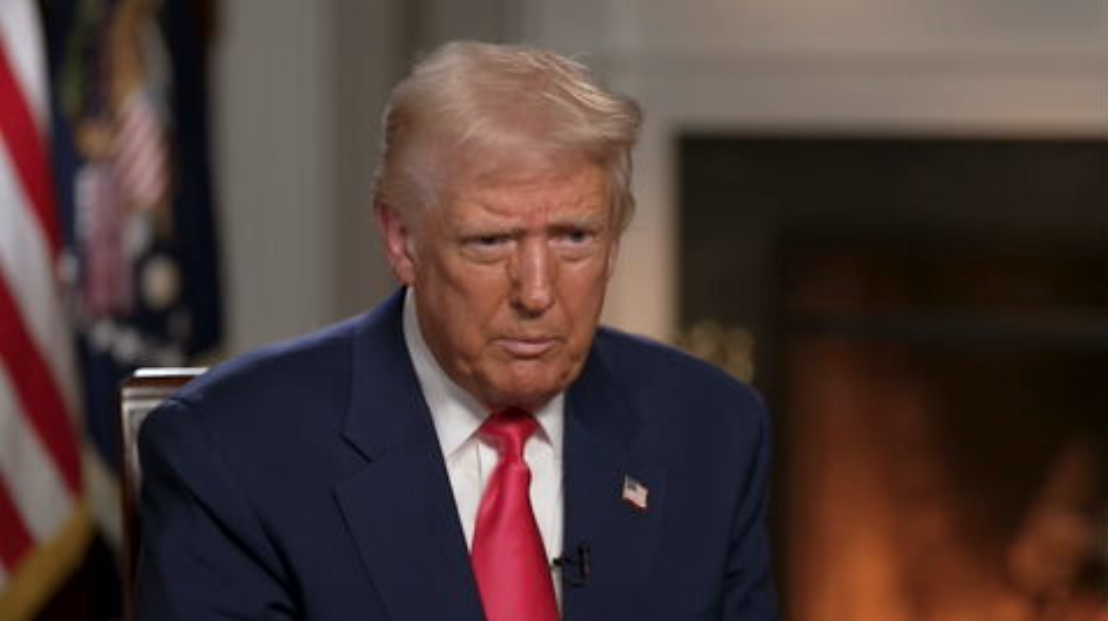Trump to Discuss Ukraine Peace Efforts with Putin
In a significant diplomatic development, U.S. President Donald Trump is scheduled to speak with Russian President Vladimir Putin on Tuesday. This conversation may mark a crucial moment in the ongoing efforts to mitigate the conflict in Ukraine and potentially reshape American foreign policy.
Details of the Upcoming Discussion
Trump announced this forthcoming discussion while onboard Air Force One, en route from Florida to Washington, revealing that “a lot of work has been done over the weekend” in preparation for the talks. The Kremlin confirmed Putin’s participation, although spokesperson Dmitry Peskov declined to provide specifics, stating, “we never get ahead of events” regarding the content of presidential conversations.
Key Topics on the Agenda
According to Trump, the conversation will cover significant issues related to the conflict, including territory and energy infrastructure. Notably, he mentioned, “We will be talking about land. We will be talking about power plants,” indicating that discussions may involve the division of certain assets.
Context of the Conflict
The backdrop to these talks is a complex and prolonged conflict, with Russia having previously annexed four Ukrainian regions — Donetsk, Luhansk, Kherson, and Zaporizhzhia — amidst its 2022 invasion. Despite failing to achieve its initial goal of regime change, Russia maintains control over parts of these territories. Additionally, the Zaporizhzhia Nuclear Power Plant, located in the occupied portion of the Zaporizhzhia region, has been a focal point of international concern due to safety fears amid ongoing military activity.
International Concerns
European allies express caution regarding Trump’s favorable stance towards Putin and his criticisms of Ukrainian President Volodymyr Zelenskyy, which emerged during Zelenskyy’s recent visit to the U.S. capital. The dynamics of these conversations could influence perceptions of U.S. engagement in the region.
Trade Policies Still on the Table
Amidst these international dealings, Trump reiterated his intention to implement new tariffs on April 2, emphasizing economic policies alongside diplomatic initiatives. He remarked, “April 2 is a liberating day for our country,” as he aims to reclaim lost wealth through tariffs on imports from countries that impose similar charges on U.S. goods.
While Trump acknowledged that he may alter some tariff plans, he asserted a commitment to reciprocal tariffs in areas like automobiles, steel, and aluminum.
Conclusion
The upcoming dialogue between Trump and Putin is poised to be scrutinized not only for its potential impact on the conflict in Ukraine but also for its broader implications on U.S. foreign relations. As these leaders prepare to engage, the world watches closely for any signs of a path toward peace.

